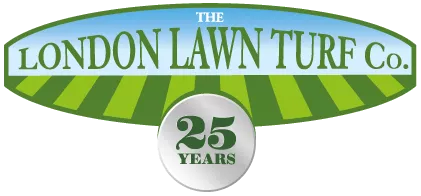Artificial grass versus the real thing
There’s no doubt that artificial grass has many advantages for the busy householder; it looks great all year round and requires far less maintenance than the real thing. That’s all very well, but surely real grass is much better for the environment than the ‘plastic’ stuff? Artificial grass saves water Real lawns are thirsty, especially if they are planted on sandy soil which drains quickly. If you have sprinklers running 24/7 in order to keep a natural lawn looking fresh and green, you are wasting huge amounts of water. Artificial grass by contrast requires no watering at all. Mowing artificial grass? Petrol-driven lawn mowers are environmentally unfriendly. Whilst newer models of lawn mowing machines have become cleaner, they still don’t have catalytic converters fitted, which would lower harmful emissions. In contrast, artificial lawns require no mowing at all, and can be kept looking tidy simply by sweeping up fallen leaves and other debris. Artificial grass needs no fertiliser Real grass also enjoys a good feed with fertiliser, most of which is manufactured using synthetic, oil-based products rather than naturally occurring substances, and this takes another chunk out of the world’s already dwindling fossil fuel reserves. And how about all those herbicides and pesticides that are liberally sprayed onto lawns at the first sign of a rogue dandelion or wayward caterpillar? This cocktail of chemicals ends up in grass clippings which can cause major environmental damage to the fauna and flora living in nearby waterways if it’s not disposed of properly. Artificial grass doesn’t need fertiliser to keep it healthy and shallow-rooted weeds can easily be raked out without the need for weed killers. Artificial grass and nature One major disadvantage of artificial grass is that it does not provide food or shelter for insects and other creatures that form part of the garden ecosystem. However, you can get over this by planting bee and butterfly friendly plants in containers and hanging up bird feeders in other areas of your garden. In conclusion There are many advantages to using artificial grass in your garden instead of real turf and it is surprisingly good for the environment. Most varieties of fake grass will last for many years before requiring replacement and when your artificial lawn has had its day, it can be fully recycled too. For more information about choosing artificial grass for your garden, contact us today.

